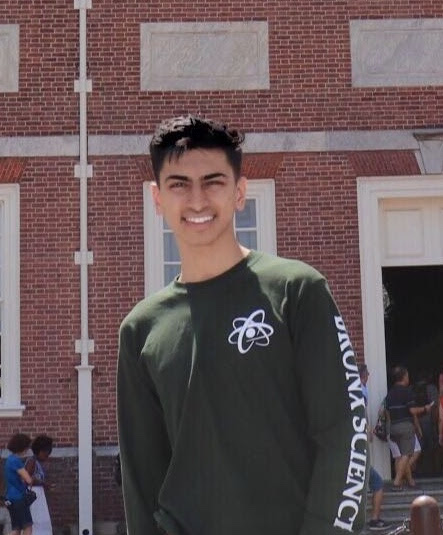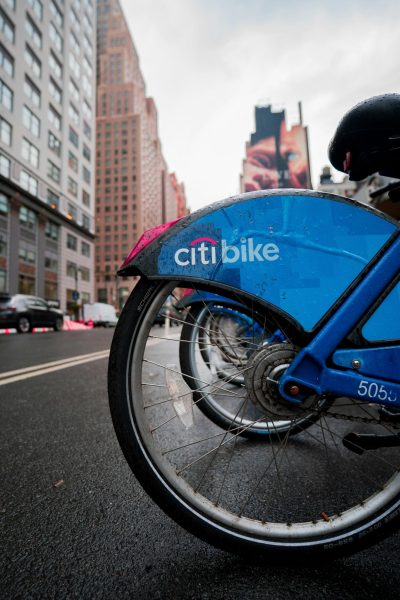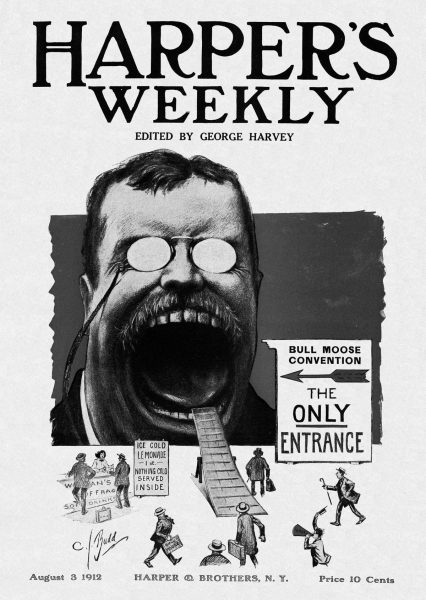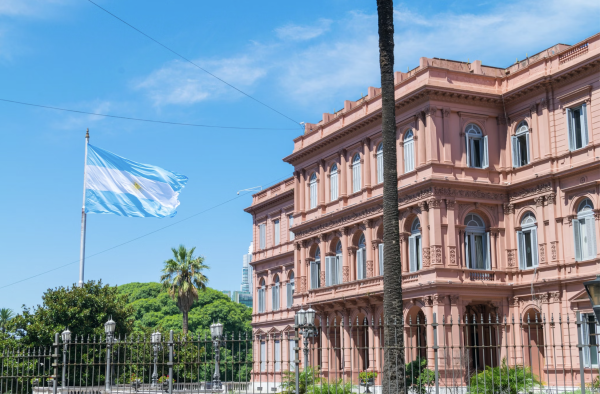The Ramifications of ‘Operation Varsity Blues’ on College Admissions
Cash rules everything around me, including college.

Akib Haider ‘20 said “Wealth and education are both privileges that people have, and it is interesting to see how different people use these privileges. You cannot really blame them for using their resources.”
The grind for that extra point on your GPA. The endless nights of studying in an attempt to secure a 1600 or 36. The many extracurriculars you have managed to balance with 24-hour days. Yet, after all your hard work, you are beaten out by someone with more money than you. This is the case for many students, especially those applying to west coast schools.
Nepotism, legacy, and athletic reservation are some of the many ways a student may be admitted into a prestigious college. Though they are generally tolerated, the prevalence of these methods is a slap in the face to students applying without these advantages, especially to underprivileged students who are not born into families associated with these schools.
While these methods of integration are common and legal, families have been caught trying to implement bribes to ensure guaranteed entry to some schools. In the March of 2019 alone, thirty-three wealthy parents were charged with racketeering conspiracy and racketeering forfeiture, in which the FBI dubbed Operation Varsity Blues. A dozen of these parents were allegedly involved in a bribery and fraud scheme to help their children gain entry to prestigious colleges and universities. They were all helped by William Rick Singer, who used twenty-five million dollars accumulated between 2011 and 2018 from wealthy families in order to inflate entrance exam test scores and bribe admission officers. Singer also bribed coaching staff up to $10,000 to recruit students into these schools. Singer is now facing up to 65 years in prison, but federal judges recommended a 3 year supervised sentence and a hefty 1.25 million dollar fine. This was accomplished after Singer had successfully gotten thirty students into a total of eleven desired universities such as USC, Yale, Stanford, Georgetown, and UCLA.
More famously, Full House actress Lori Laughlin and her husband Mossimo Giannulli were amongst the parents convicted in the scandal, and have since pleaded not guilty. They may soon face the same fate as the other parents as they have mostly been sentenced to half a year in prison, with a $150,000 fine and 200 hours of community service. The minimal nature of these sentences have questioned the repeat offense of these crimes. Are families likely to run a scandal like this again?
While this tampering may sound like a plot directly out of a movie, it has been the sad reality of some well-heeled students.
As college decisions are wrapping up for seniors, many hold a large resentment against those who exploit that system. “It shows how prestige-driven our society has become,” Waly-Messiah Ndiaye ‘20 said. “It reveals how complicated the college process is, that people feel the need to pay millions or pretend to be some coveted athlete in order to get a four-year undergraduate degree.” His admission to California Institute of Technology has largely proven that one can gain acceptance to a top school without having to resort to bribery.
While perpetrators of this act are widely looked down upon, others envy the idea of buying admissions into prestigious schools. “It’s a pity, really, to see that hardworking students like us are undermined by moneybags,” Akib Haider ‘20 said. “If I had all that money, I would just invest it. I would not even need to worry about college.”
The possibility remains that there will be many more attempting to buy their way into prestigious establishments, and while preventing this from happening entirely is highly unlikely, we must continue to push through and earn our ways into the top schools in the world.
“If I had all that money I would just invest it. I would not even need to worry about college,” Akib Haider ‘20 said.
Albar Subekti is a Staff Reporter for ‘The Science Survey’ and an Athletics Section Reporter for ‘The Observatory.’ He finds the flow of words,...










